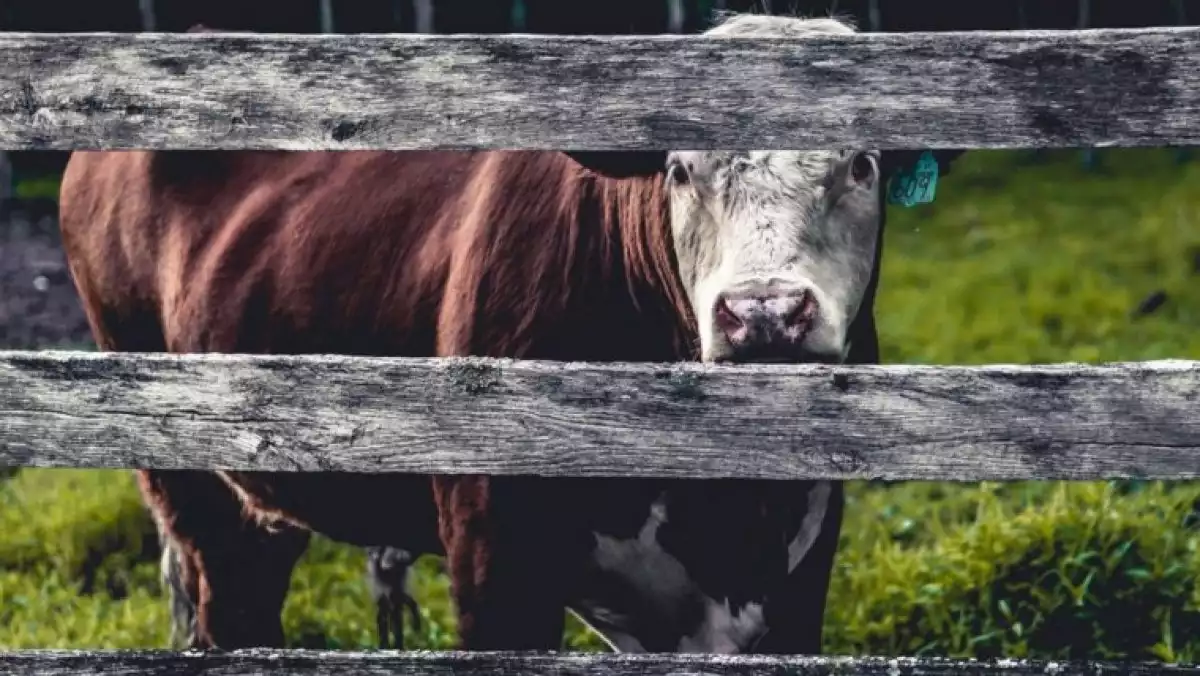Generally speaking, a vegan is someone who, aside from not consuming animal products, rejects the use of animals for any other consumerist purpose such as clothing, shoes, and entertainment. Gastronomically speaking; however, a vegan person will follow a specific dietary regime known as a vegan diet which can include pizza and pasta, cheese and butter which have been altered to meet the vegan standard. We will examine the definition of veganism and, with the aid of The Vegan Society in Britain, discover ways of making veganism a lifestyle choice and not only a fad diet.
What is veganism?
The term vegan was coined by Elsie Shrigley, founder of The Vegan Society in the 1940s. In the beginning, the terminology only applied to people who identified as non-dairy vegetarians, people who rejected not only the consumption of meat but also other animal products.
Veganism dismisses the idea of incorporating animal products such as meat, milk, eggs, cheese, certain types of fat, honey, butter, etc., in our diets but also forbids the idea of animals being used as a commodity regardless of the intended purpose.
This could refer to food, but better yet to clothes and shoes (animal leather is used), entertainment (the circus or aquariums), and cosmetic use (brushes made with animal hair), among others.
So, then, what is veganism? According to The Vegan Society “The word veganism denotes a philosophy and way of living which seeks to exclude — as far as is possible and practical — all forms of exploitation of, and cruelty to, animals for food, clothing or any other purpose; and by extension, promotes the development and use of animal-free alternatives for the benefit of humans, animals and the environment. In dietary terms, it denotes the practice of dispensing with all products derived wholly or partly from animals.”[4]
Similarities and differences to vegetarianism
Veganism and vegetarianism are similar in certain aspects and different in others. Both of these lifestyle choices emerged as a protest against human use of animal products at the expense of animal lives and rights. Vegans and vegetarians see all forms of life as being equal in value and therefore consider that all life should be respected.
On the other hand, however, the main difference between the two is related to the everyday practices that each group advocates. Food wise, vegetarians reject the processing and consumption of meat but will accept other products of animal origin, such as milk, eggs, and fats.
Veganism, however, vehemently rejects any animal product, be it destined for consumption or not.

How to go vegan? Step by step recommendations from The Vegan Society
Considering that most modern societies are used to satisfying their needs via the use of animals, going vegan could be a difficult decision to make for many people.
For other people, however, the leap is not so drastic. Perhaps these are people who were already leading a vegan lifestyle without realizing it, and without identifying as a vegan.
The Vegan Society, one of the oldest institution of its kind, recommends seven general steps to take when deciding to go vegan.
1. Take it slow
Don't forget your objective but don't feel pressured to achieve it all in one day either. It's important to keep in mind that some people might need more time than others. It could be useful to:
Identify the animal products that we use/ingest most frequently.
Identify which of these products produces more satisfaction and which provide less.
Start by eliminating the products that produce less satisfaction and subsequently eliminate the most pleasurable ones as well.
2. Do it right
Remember not to lose any essential nutrients, which is why it's critical to plan a healthy diet that incorporates vitamins and minerals.
We must keep in mind that our body may have become accustomed to the nutrients that we are about to eliminate from our diet which means we will need to supplement them either with a replacement food or an equivalent one.
3. Try new things
Looking for vegan recipes has never been easier considering the plethora of information available on and offline; vegan pizzas, vegan tacos, vegan bread, butter, hamburgers, and many other vegan alternatives that are easy and can be homemade.
Don't be afraid to step outside your comfort zone and try new vegan recipes, new tastes and combinations that don't involve animal products.
4. Keep learning
Comparably to any lifestyle choice, being a vegan implies constant learning, curiosity, and determination to learn about the culture of veganism.
Another way of staying informed is to visit your local market and finding out which products fit your vegan lifestyle best.

5. Ask for help
This piece of advice is directly connected to number two on our list. We could see a nutrition specialist that can recommend substitute foods that appeal to our body and personal taste. We could also ask for help from the vegan community regarding product information and general advice.
6. Remember why
Don't forget the reasons why you chose to lead a vegan lifestyle as well as the benefits that come with this change. Keep in mind that veganism is not limited to culinary choices, but it expands into our everyday life and into the relationship we have with animal origin products and services.
7. Don't give up
Similarly to pursuing any objective, your determination is a crucial element to success. So before you decide to give up, make sure you ask for help and keep educating yourself on the matter without any pressure or rush.
- This article about "Veganism" was originally published in Spanish in Viviendo La Salud
References:
How to go vegan (2018). The Vegan Society. One world. Many lives. Our choice. Available at https://www.vegansociety.com/go-vegan/how-go-vegan
Marcus, E. (2001). Vegan: The New Ethics of Eating. McBooks Press: US
